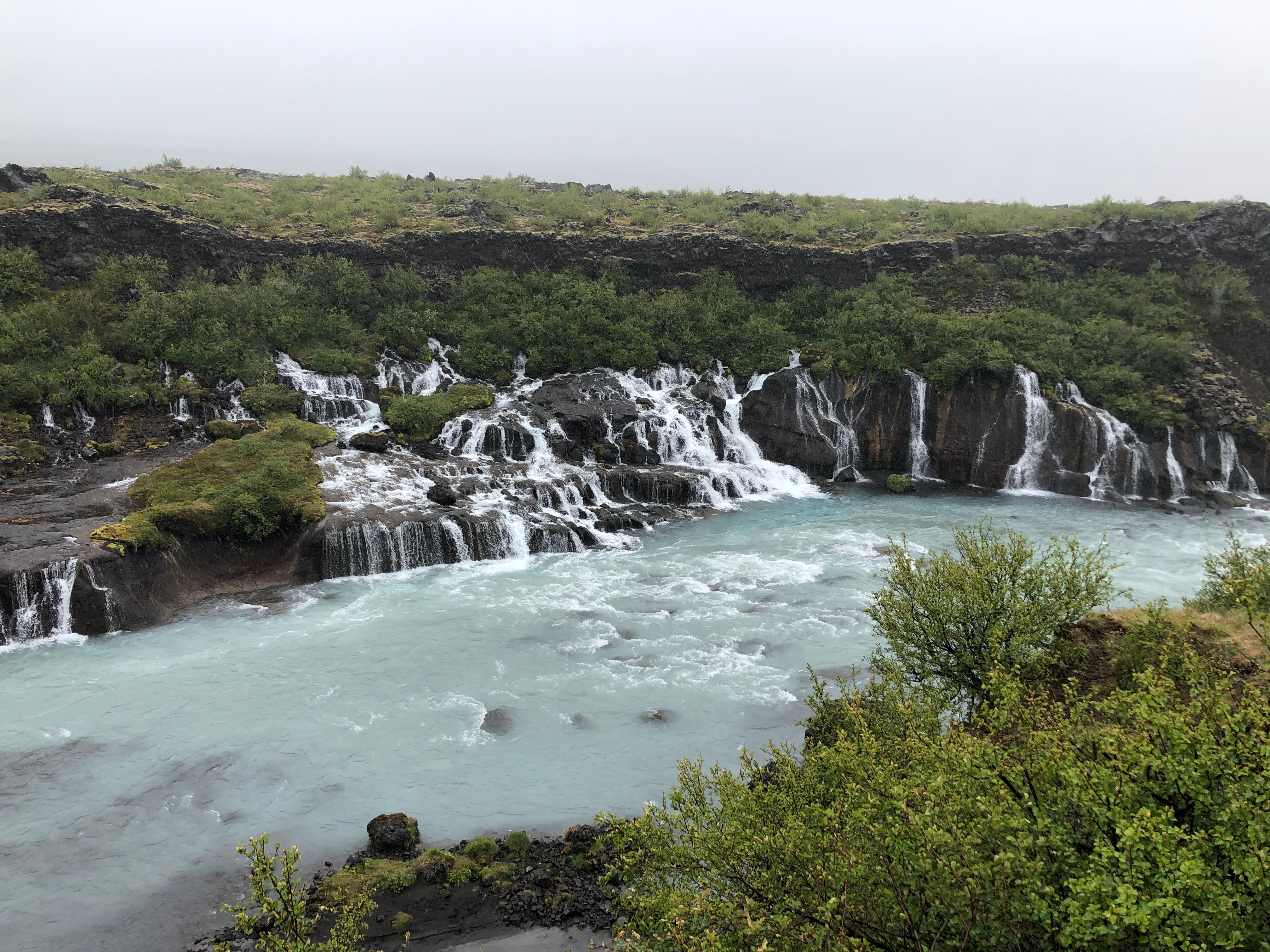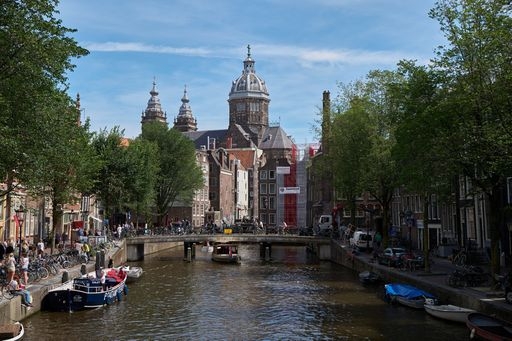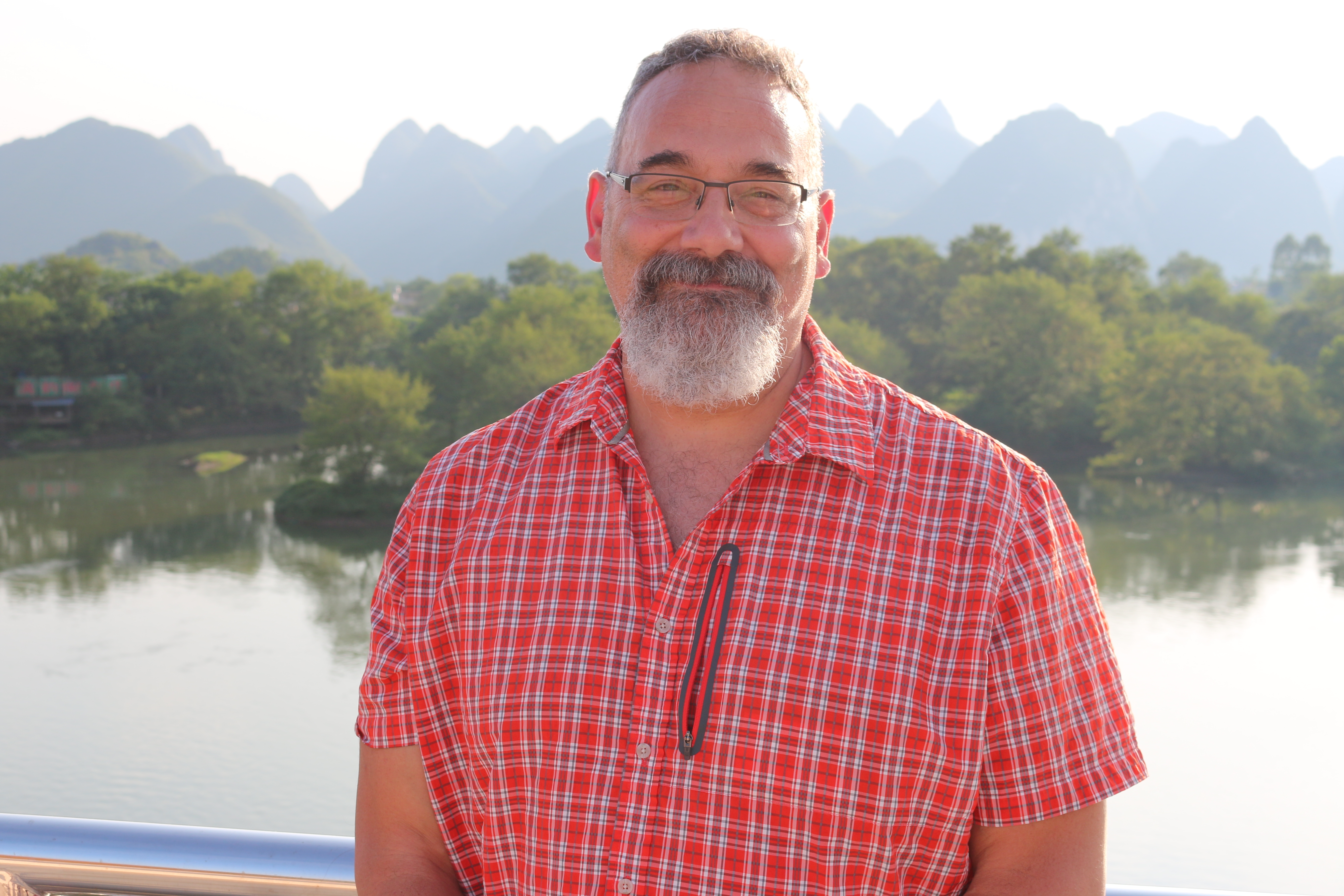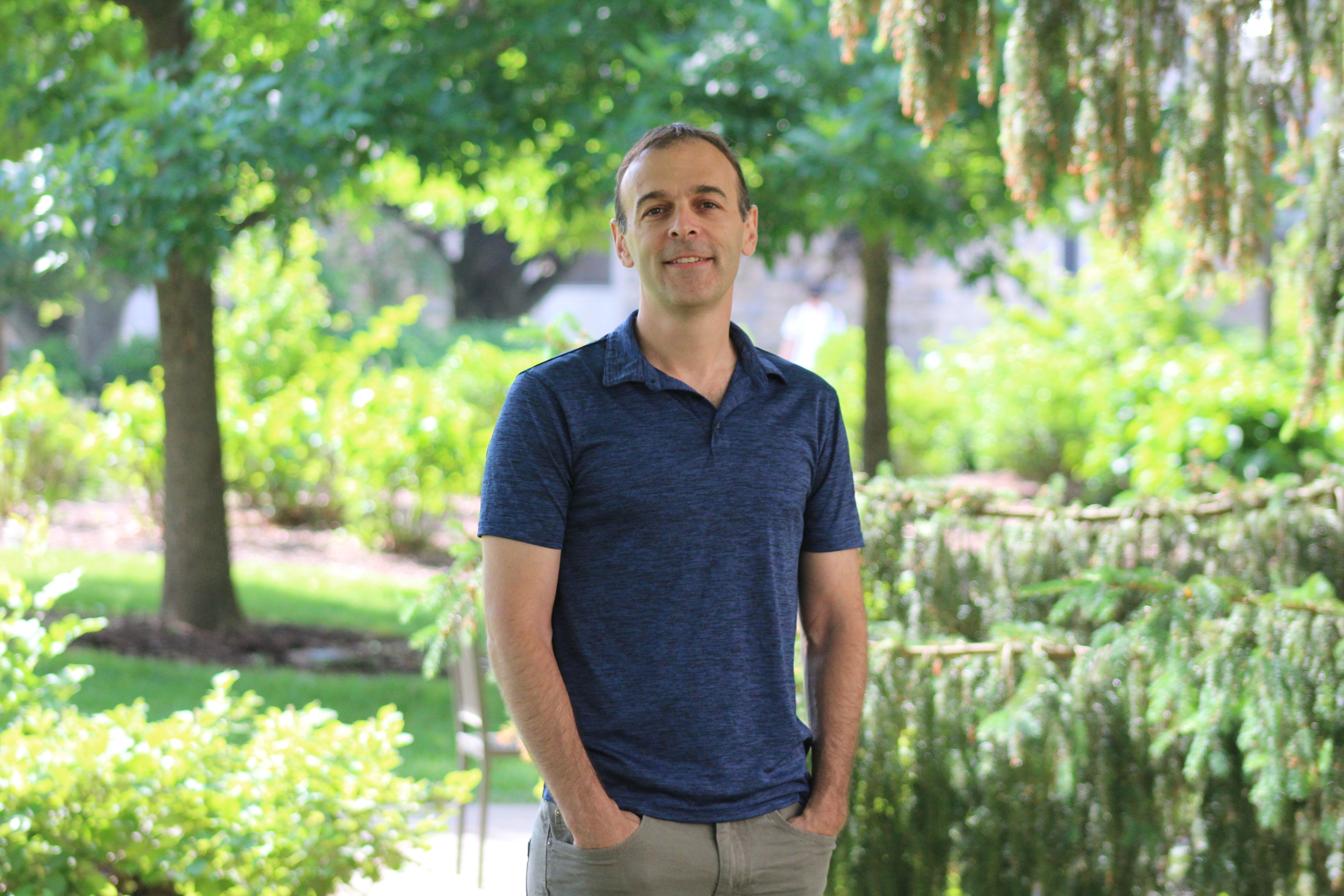Climate resilience of island nations and coastal cities: Cuba, Iceland, Amsterdam, Venice
December 15, 2020

By Lindsay Key
How is a developing socialist country like Cuba adapting to climate change compared to a wealthy democratic country like Iceland? What are the differences in how Amsterdam and Venice—both heavily touristed, water-facing European cities—address sea level rise?
These are the types of questions that faculty at the Center for Leadership in Global Sustainability (CLiGS) plan to explore with students in two new Global Study experiences. “Islands in the Anthropocene,” led by Dr. Marc Stern, will take students to the islands of Iceland and Cuba, two distinctly different cultures that face the same set of challenges—sea level rise, food security, water supplies, and biodiversity. “Cities Below Sea Level,” led by Dr. Daniel Marcucci, will take students to the historic European cities of Amsterdam—the capital of the Netherlands, and Venice—the Italian city famous for its canals, where they will examine how pressures from tourism, sea level rise, and unique infrastructure challenges are informing management plans.
Although a hallmark of the CLiGS curriculum is global travel to witness sustainability issues firsthand in another country, this is the first time that students will have the opportunity to visit two countries in one trip, comparing different approaches to sustainability. “We really want to be creative and innovative in our approach to student learning,” said Stern. “And a huge part of learning is reflecting on what you already know. Giving students more points of reference for reflection really builds in more context and allows them to see differences they may not have seen before.”

Stern, who usually leads the Global Study trip to Cuba, said the idea to pair the country with Iceland came about when reflecting on the unique socio-ecological challenges of island nations. “They’re both island states, but pretty much as far on the opposite ends of the spectrum of island states as you can possibly get,” said Stern. “Cuba is a small developing country that is really cut off from much of the world because of the U.S. embargo, so the challenges there are amplified. Every challenge that a small island developing state has, Cuba’s got it, and then some.”

“And then you go over to Iceland, which is one of the most developed countries in the world,” said Stern. “It’s a completely different set of environmental problems, yet a whole different set of resources for dealing with them—different culture, different government, different relationships internationally. So we’re hoping that the stark contrasts will be really powerful in drawing lessons out. What can one learn from the other?”

Venice and Amsterdam were paired because both cities dominated Western finance and commerce during the 15th and 17th centuries, respectively, rising to power as a result of their coastal locations and powerful merchant and martial navies, said Marcucci. This required large infrastructure projects; but now, hundreds of years later, the cities find this infrastructure threatened by rising seas and overtourism.

“Students on this global study experience will explore famous cities in an unfamiliar way,” said Marcucci. “They will learn how to model cities as complex systems. They will try to reconcile the seemingly intractable problems of sea level rise, heritage preservation, and economic viability. And they will get to learn about some wonderful local cultures.”
The Global Study experiences typically do not exceed two weeks, which presents some logistical challenges when planning a trip to two distinctly different locales, particularly ones as far apart as Iceland and Cuba, said Stern.“It’s hard to pack a bag for that,” he joked. But he said he and director Michael Mortimer are working to plan out the itinerary to a tee to offer students a seamless, rich experience. Global Study is a component of the “Issues in Global Sustainability” course, which is a core required course in the Online Master of Natural Resources (OMNR) program and is taught every semester. CLiGS offers Global Study in more than ten countries, including Argentina, China, Croatia, Cuba, Egypt, Iceland, India, South Africa, Spain, and Morocco.
Although all international travel has been put on hold during the COVID-19 pandemic, “Islands in the Anthropocene” is tentatively scheduled for January 2022, and “Cities Below Sea Level” is tentatively scheduled for Fall 2021.

Dr. Marcucci advocates for sustaining a livable, rich biosphere—because the alternative is scary. He teaches Sustainability Systems, Coastal and Marine Systems, and Urban Water Systems courses, and leads Global Study trips. Dr. Marcucci has two decades' experience in higher education as an environmental educator, the last several years focusing on creating supportive online learning communities. He has published in numerous environmental planning journals. He also has extensive experience as a regional and environmental planner. His current research explores individual landscapes and landscape as an integrative and holistic concept. Dr. Marcucci has a Bachelor’s degree in engineering from Harvard University, and a Ph.D. in City and Regional Planning and a Master of Landscape Architecture from the University of Pennsylvania. He is a member of the American Institute of Certified Planners. In his freetime, he co-hosts a podcast about online higher education.

Dr. Stern is a Senior Fellow at Virginia Tech’s Center for Leadership in Global Sustainability and a professor in VT’s Department of Forest Resources and Environmental Conservation in Blacksburg. Dr. Stern’s research and teaching focus on the human dimensions of sustainability in multiple arenas, including environmental education and communication; natural resource planning and management; conflict and collaboration; and international conservation and development. He is widely published in academic literature. His most recent book, "Social Science Theory for Environmental Sustainability: A Practical Guide," published by Oxford University Press, aims to make social science theory easily accessible and usable for practitioners.


